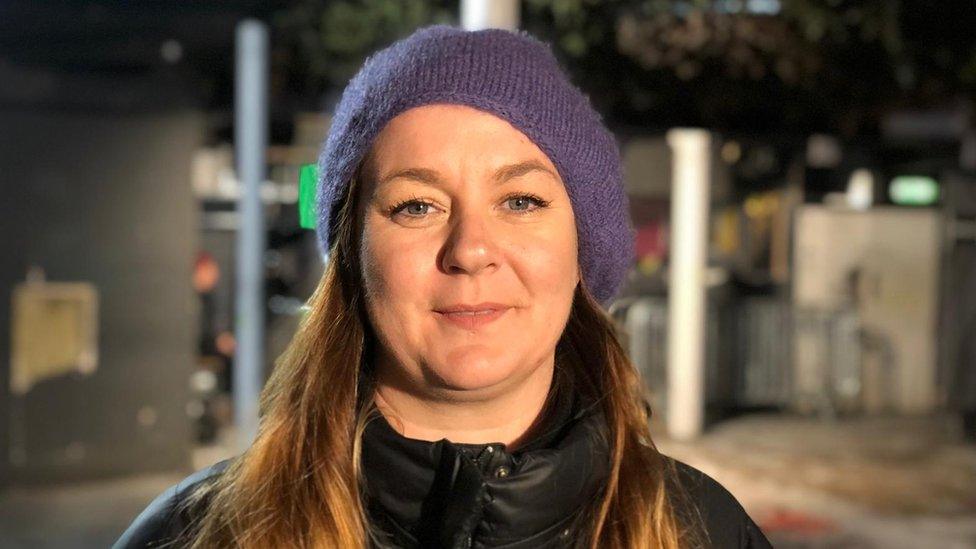Experts criticise PCCs' call to re-classify cannabis
- Published
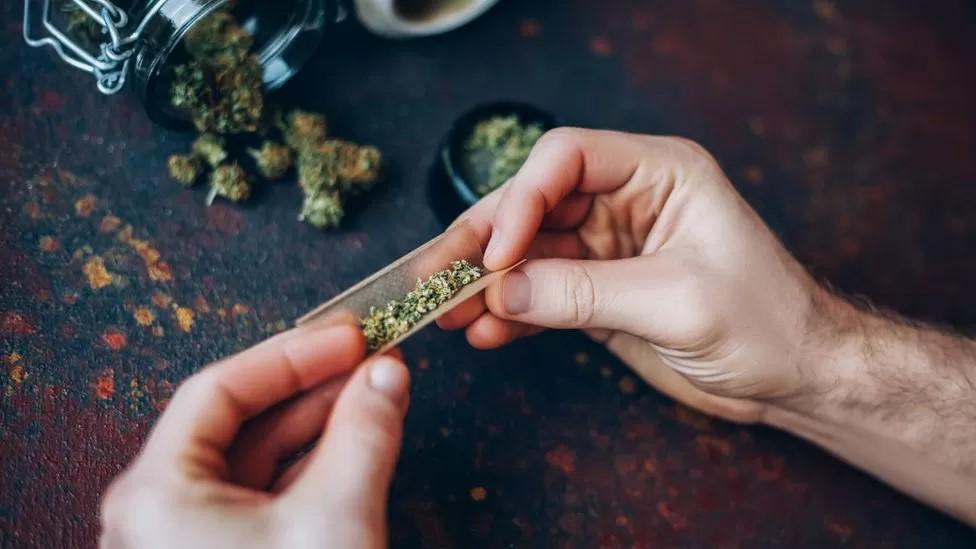
Avon and Somerset Police currently focus on educating users instead of prosecuting them
Calls from Police and Crime Commissioners (PCCs) in west England to re-classify cannabis as a Class A drug have been criticised by experts.
Mark Shelford, PCC for Avon and Somerset, wants to crack down on people using the so-called recreational drugs.
But his own force uses other measures, prosecuting few for possession and educating people instead.
And drugs expert Prof David Nutt said making such a call was a "failure to learn the lessons of history".
The Home Office insists that "drugs ruin lives - we are committed to tackling both the supply and demand for them."
Mr Shelford, along with PCCs from Dorset, Devon and Cornwall, Wiltshire and Gloucester are calling for users to face tougher penalties.
Re-classifying cannabis from Class B to Class A would be part of achieving this, they say.
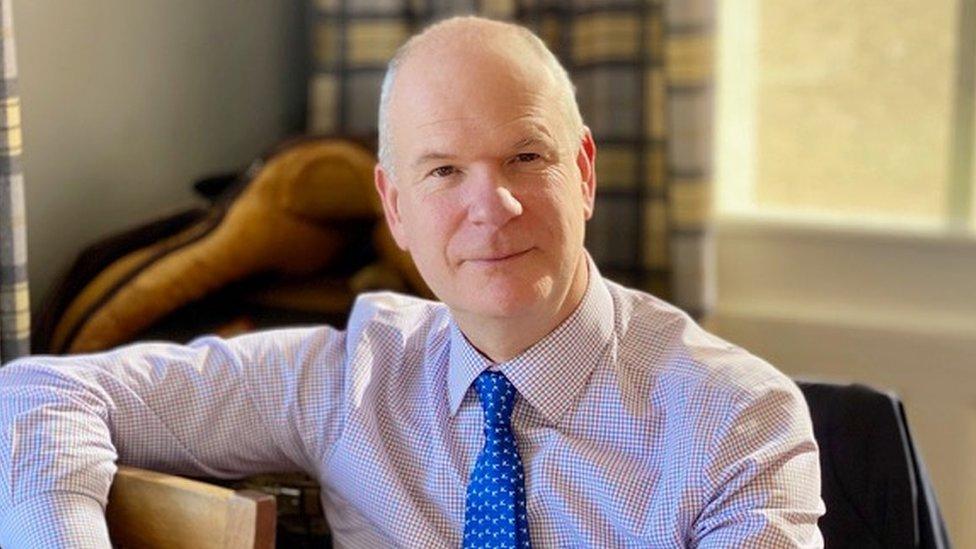
Mr Mark Shelford said cannabis is "as harmful as crack cocaine or heroin"
The calls are echoed by some in government, but criticised by many experts and health professionals.
Prof Nutt, a neuropsychopharmacologist specialising in the research of drugs, said the call to reclassify cannabis was a "complete failure to learn lessons of history".
"It is obviously politically motivated and will be destructive and damaging," he said.
"These changes are being proposed despite it being almost inevitable that cannabis will be legalised in the future."
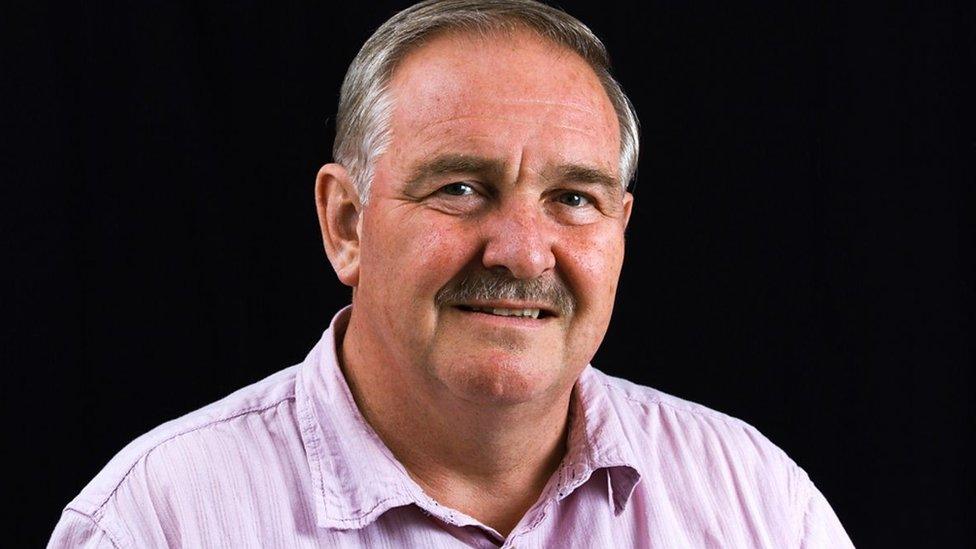
Prof David Nutt said the changes would be "destructive and damaging"
In recent years, Avon and Somerset Police have softened their approach against drug users.
Supt Mark Runacres, Bristol Police Commander, said: "We have a range of options to keep drug users out of court.
"This includes drugs education and cautions - all part of a process around informing and educating people around drug use and making sure they understand the risks they are exposing themselves to."
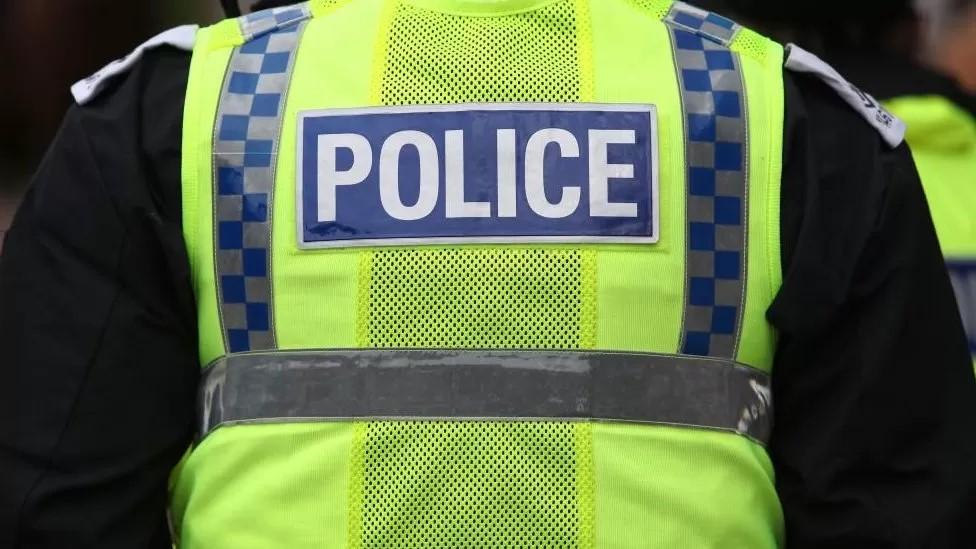
The Home Office said they are committed to tackling both the supply and demand of drugs
But Mr Shelford said he believes cannabis was "as harmful as crack cocaine or heroin" so it should be treated as such.
"Part of re-classifying it is to open doors to treatment where currently focus is on drugs like heroin," he added.
A Home Office spokesperson said tackling drug use was a priority for the government.
"Our White Paper on New Consequences for Drug Possession sets out proposals for tackling demand and we have welcomed views on this," they added.
"We will be publishing our response in due course."

Follow BBC West on Facebook, external, Twitter, external and Instagram, external. Send your story ideas to: bristol@bbc.co.uk
Related topics
- Published26 October 2022

- Published31 December 2022
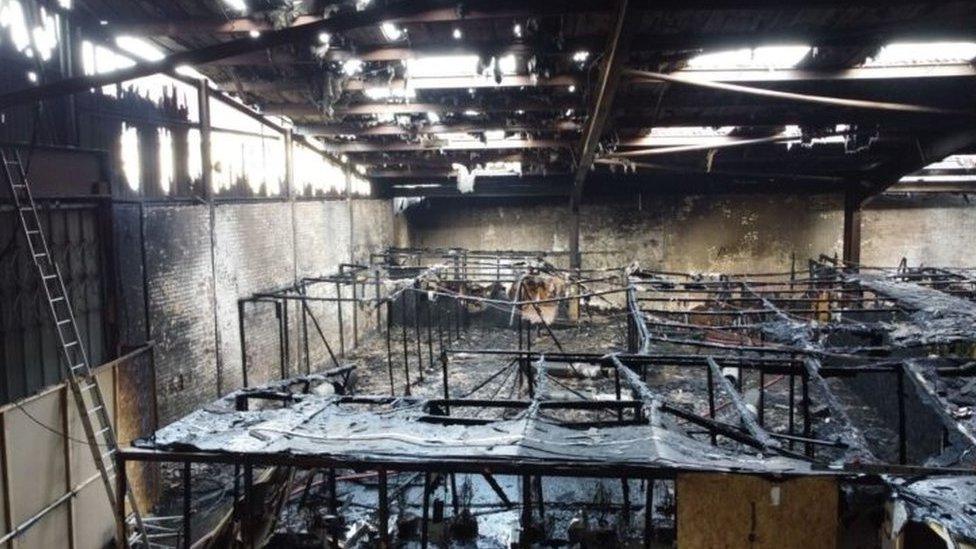
- Published22 December 2022
